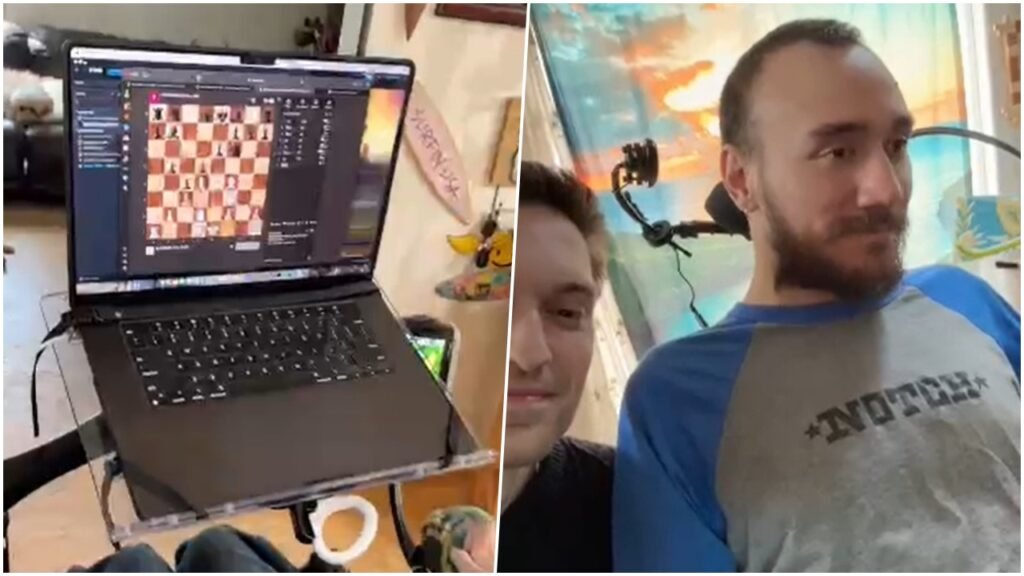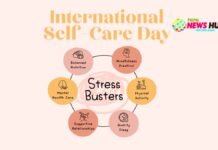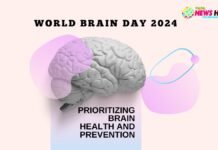
New Delhi: In a groundbreaking development, Neuralink’s brain chip technology has demonstrated its transformative potential in a live stream video. The footage showcases the first recipient of the Neuralink brain chip, enabling him to play chess on his laptop using only his thoughts, bypassing the need for traditional input devices like a mouse or keyboard.
The video, captured by Neuralink engineer Bliss, offers a glimpse into the life-changing capabilities of the brain chip. It features Noland Arbaugh, who, due to paralysis below the shoulders, is unable to use his fingers for movement. Arbaugh speaks candidly about the accident eight years prior that led to his condition, resulting from a dislocation of the C4 and C5 vertebrae at the base of his neck.
Arbaugh highlights the stark contrast between his life before and after the brain chip implantation. The technology has re-enabled him to perform tasks independently, which he had not been able to do for years. In an impressive display, he even stops background music using only his thoughts, showcasing the chip’s responsiveness.
The 9-minute video, streamed on platform X, also owned by Elon Musk, details Arbaugh’s journey with the brain chip. He describes the initial learning phase, where he trained to control the laptop’s cursor with his mind, and shares his experience of playing the strategy game Civilization VI for extended periods—something he believed was impossible post-accident.
Arbaugh notes that the implantation surgery was straightforward, yet he emphasizes that the technology still requires significant refinement to become a dependable treatment option for individuals with similar conditions.

Elon Musk, the visionary behind Neuralink, has frequently discussed the brain chip’s potential. This live demonstration is a testament to its promise, suggesting that people with various disabilities, including visual impairments, could regain the ability to perform everyday activities, restoring a sense of normalcy to their lives.



















































